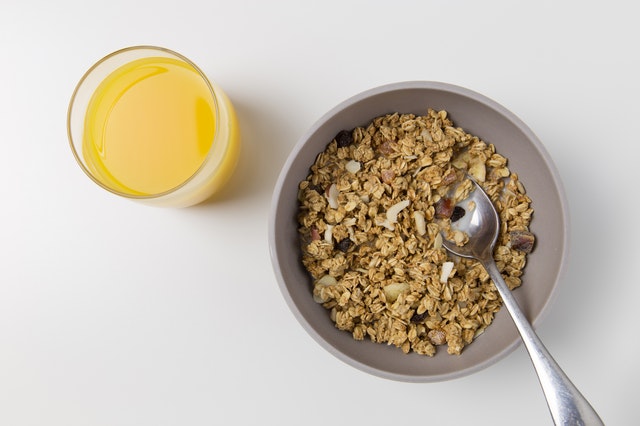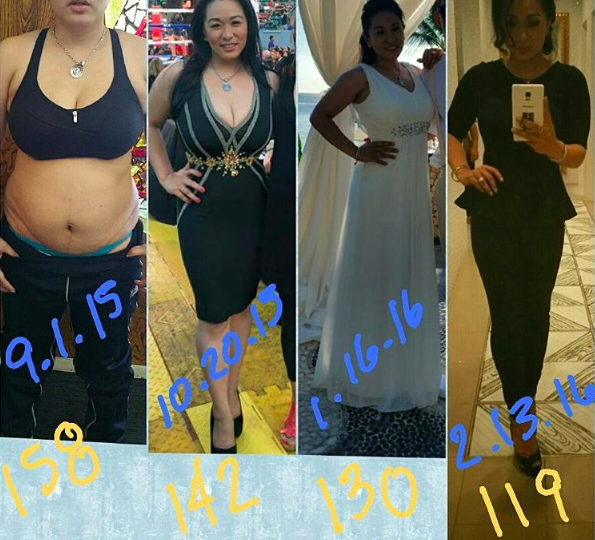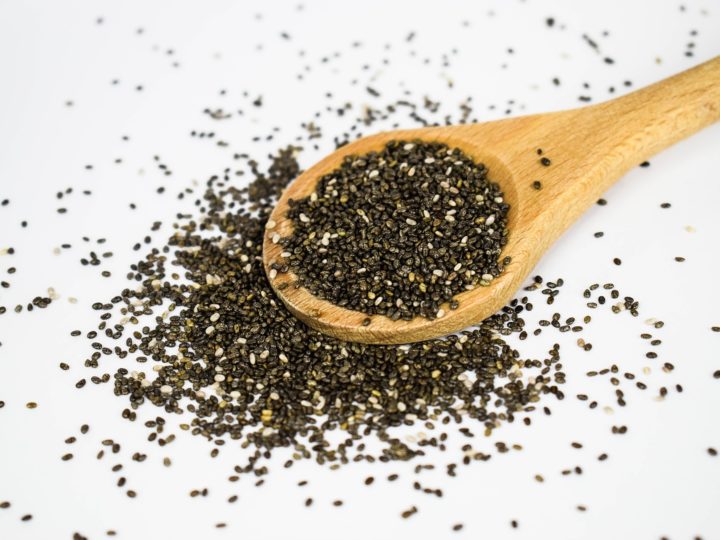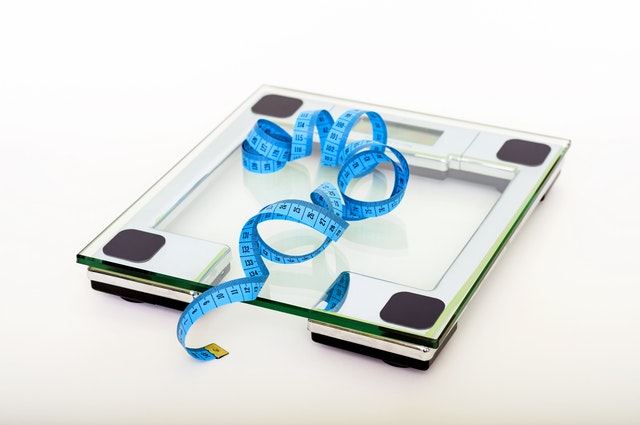
Alright stop! We invite you to open your social media feed for a minute. You’re bound to see a friend or contact posting a photo status of his/her workout. Did you take notice? Yoga. Pilates. Weights. Ball sports. Striking and grappling. Cycling. Running. List goes on. If you will take inspiration from any one of them, it might be a good idea to choose the one who knows what recovery eating is, that way your hard work doesn’t go to waste!
What happens during a workout?
The next lines you’ll read may be blunt, and may surprise you.
In a typical workout, you will use up all stored glycogen, sweat up to two liters of water, muscle protein drops and muscles begin to break down.
gylcogen [gly-kë-gën] – noun. glucose/sugar stored in muscles and is the main fuel used by the muscle during physical activity
Muscles store excess energy in the form of glycogen and protein and, when you work out, the body burns fuel from your pre-workout meal, then it breaks down glycogen stored in muscles. Individuals who exert prolonged physical strain e.g. athletes, cyclists, long-distance runners often experience glycogen depletion, where almost all of the athlete’s glycogen stored are depleted after long periods of exertion without enough energy consumption. It is commonly called as “hitting the wall”.

If it gets too intense, your immune system is also suppressed –you are susceptible to infectious diseases during this time.
We have no intention to scare you. Read further.
Post workout meal a.k.a. Recovery Food
So after the workout where you probably have enjoyed your favorite sport or have exercised the target area of your body, what’s next? Isnt that enough? Well guess what, there is an important step that you are missing: Recovery!
Research has proven that by eating within 30 minutes to an hour is the best time to reload, replenish, and repair. Miss the window and your next immediate workout will suffer, especially if you’re an athlete. Yes, glycogen gets naturally replaced in between days of workout but why wait?
The scientific way to recover is to compute for depleted glycogen and eat its equivalent based on your weight, how much you have sweat, your gastric tolerance. But hey, we’re no rocket scientists! Let’s just proactive recovery eat.
Aside from hydrating (water, fruit or plant juice, or your sports drink) which restores electrolytes lost in sweat, you need to take in food– post workout meal a.k.a. recovery food! What you eat after workout is probably the most important meal of that day. Some experts even consider it more important than breakfast. So the next better question is: what food to eat after a workout? Two words– carbohydrates and protein.

Carbohydrates – often referred as “carbs” provide the body’s energy source. sweet potato, brown rice, quinoa, whole wheat bread and pasta, beets, banana, apple, pineapple, salad greens, carrots, tomatoes. Note though that not all carbs are good carbs. You can also get carbs from chips, cakes, pies, and cookies, but we think you already know from here which among we listed yield more nutritional benefit.
Protein – Consuming protein assists with muscle repair. Food rich in protein are eggs, oatmeal, red meat lean cuts, chicken breast, nuts, yogurt.
Real Food or Supplements?
Some would prefer sports food supplements, believing this to be the only and/or best way to meet their recovery goals. The usual pitfall though is the tendency to “double up”–after taking the supplement (usually in form of liquid/powder mix) they still would munch on something after like a bowl of fruits or cereals. Note too that most sports supplements are high in sugar, you probably don’t need the excess when you are not the serious athlete type. Unless there is a lack of availability or lack of time to access real food, recovery supplements are fine.
Real food on the other hand allows you to meet recovery and other dietary goals simultaneously. At the end of the day it is your choice if you want to double up or to meet two goals in one.
Next time a friend asks you to be a workout buddy, go ahead and join but bring up the topic of recovery.
Wishing you a recovery-filled active lifestyle!
-GTA





